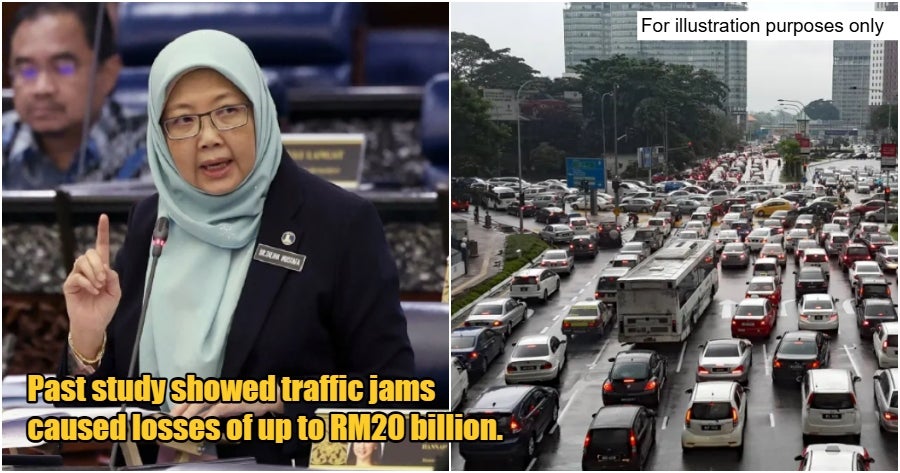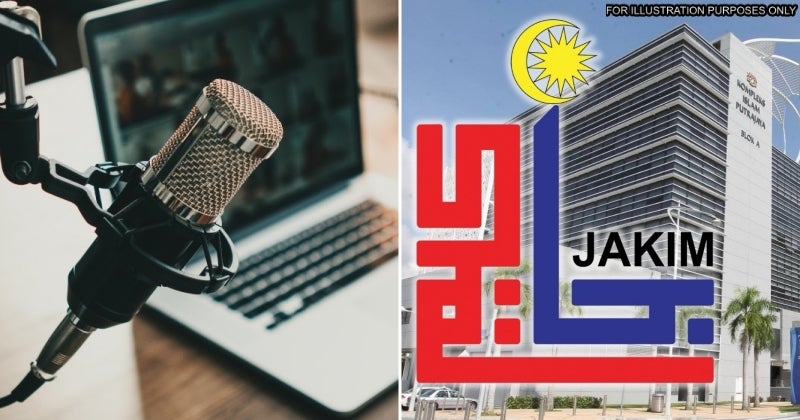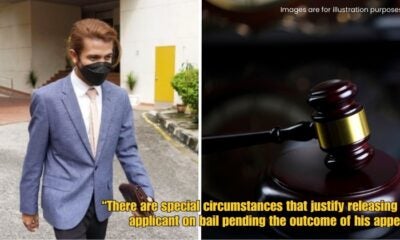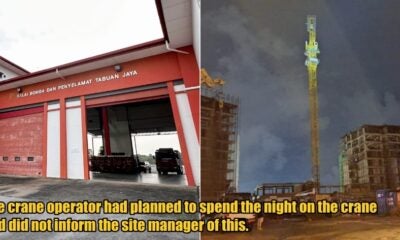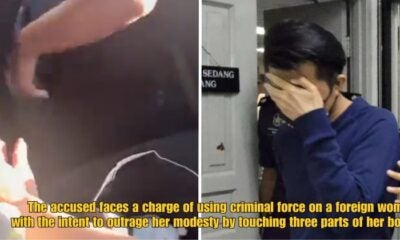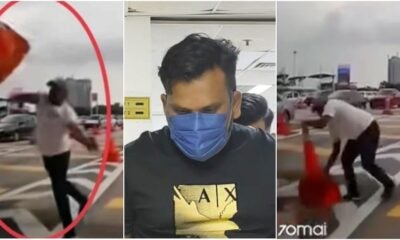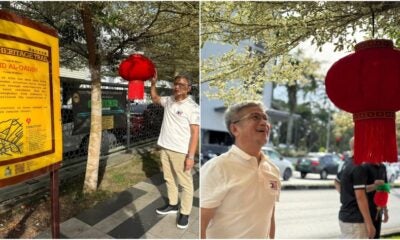The Minister in the Prime Minister’s Department (Federal Territories) said the government is looking into how effective congestion charges would be in easing traffic.
In a video, Zaliha Mustaffa revealed how the implementation of congestion charges in Kuala Lumpur is expected to reduce traffic congestion, especially in the central business district (CBD), by up to 20%.
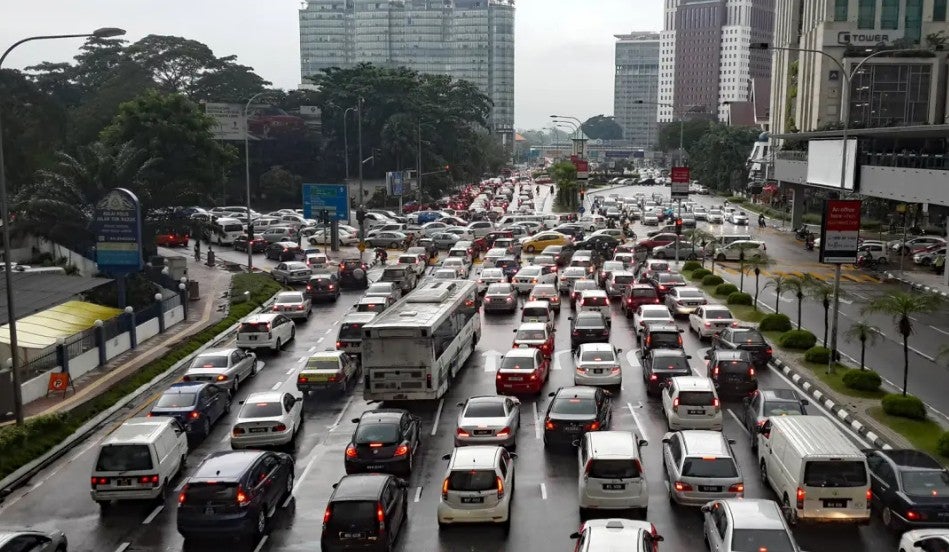
For illustration purposes only
Plans to improve public transport in Kuala Lumpur
Zaliha noted that in order for the congestion charge to be effective, the rate cannot be too low and must be set at a level that discourages users from using the affected roads.
However, the government also does not want the charge to be too high to the point that it becomes a burden to users.
According to Berita Harian, Zaliha pointed to London and Stockholm as examples, noting how their congestion charge systems have successfully reduced traffic by 20% to 30%.
“Experience from cities like London and Stockholm shows that implementing congestion charges can reduce traffic congestion by 20% to 30%, while studies in New York and Singapore found that this system can lower traffic volume by around 10% to 15%.”
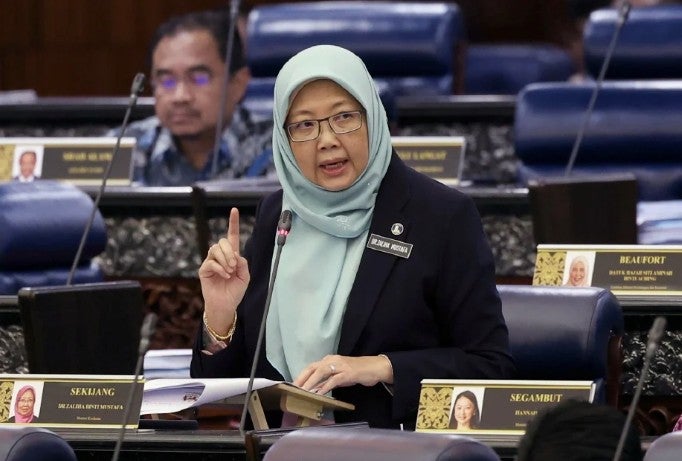
A past study shows traffic congestion caused RM20 billion in losses
During the Dewan Rakyat session, Zaliha shared that a study is being conducted by the Malaysian Institute of Road Safety Research (MIROS) and the Malaysian Green Technology and Climate Change Corporation (MGTC).
The study was meant to see if reducing the number of cars on the road and improving public transport in Kuala Lumpur would actually work.
This comes after a 2020 study by Prasarana Malaysia Berhad found that traffic congestion had already caused losses of up to RM20 billion back then.
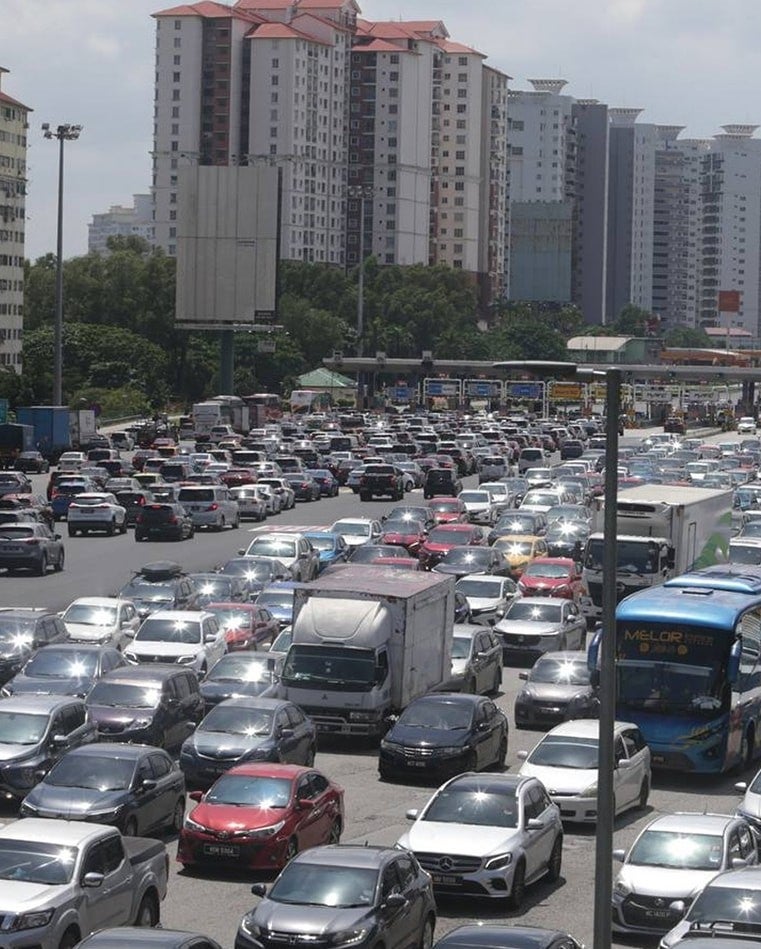
For illustration purposes only
“A proper system is needed”
Zaliha explained that in addressing traffic congestion, there needs to be a proper system in place to actually get people to use public transport.
“The study covers different aspects, including the financial impact on users and how it affects public transport. These findings will be presented to the Cabinet Committee on Traffic Congestion before they make a final call,” she explained.
In this regard, Zaliha agreed with Transport Minister Anthony Loke, stating that congestion charges shouldn’t be enforced until a city has a fully integrated public transport system.
What are your thoughts on this? Let us know down in the comments!
Also read: JAKIM is Launching a Podcast, Working with Influencers to Convey “Accurate Info” on Sensitive Issues

